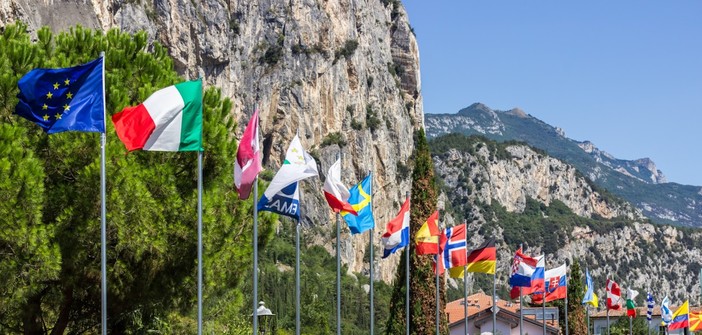Debates and Perspectives
In sports, one of the most frequent debates is certainly that of the deregulation of transfers, particularly in European football. Following the Bosman ruling of 1995 by the European Court of Justice which established the free movement of European athletes within the Union, the transfer market has indeed experienced exponential growth.
The Bosman ruling, an economic revolution for football
The Bosman ruling was issued to settle the case of Belgian midfielder Jean-Marc Bosman. A player with FC Liège, Bosman was at the end of his contract with his club and wanted to join the French team Dunkerque, which was denied by Liège and the existing regulations, allowing only 3 foreign nationals from the European Union per team.
The player took the matter to the European Court of Justice, which found that this rule constituted discrimination between European nationalities and contravened Article 48 of the Treaty of Rome, which protects the free movement of workers. This decision has allowed the football transfer market to grow significantly since then.
Each summer, several billion euros are spent on the acquisition of players by all professional football clubs, suggesting the potential bursting of a “speculative bubble” in the coming years. For example, clubs from the five major European leagues (England, Spain, Germany, Italy, and France) invested 1.5 billion euros in 2010. In 2019, their total spending reached 6.6 billion euros, a 340% increase, notes the CIES Football Observatory.
Furthermore, doping, still very present in many sports like cycling or athletics, as well as corruption and good governance, particularly within organizations such as UEFA and FIFA in football or the International Olympic Committee, also appear as pressing issues. In this regard, Russia, for covering up the doping of several of its athletes during the 2014 Winter Olympics it hosted in Sochi, was disqualified from the 2018 edition held in Pyeongchang (South Korea). As a result, some Russian athletes were not allowed to compete under the neutral Olympic flag. Similarly, FIFA president Sepp Blatter was suspended from his duties in 2015 for corruption cases that also involved Michel Platini, then UEFA president, as well as several other executives of the global football authorities.
It is also worth noting that after being held in Rio de Janeiro in 2016 and then in Tokyo in 2021 following the coronavirus pandemic, the Summer Olympics will return to European soil in 2024. Indeed, twelve years after London, the city of Paris will host this major sporting event for the third time in its history after the 1900 and 1924 editions. A finalist against Los Angeles, Paris was able to count on the political support of European institutions to secure the organization of the Games. Finally, following the Football World Cup and the Olympics, the two most-watched sporting events on the planet, Europe annually hosts the third most publicized competition in the world: the Tour de France.


